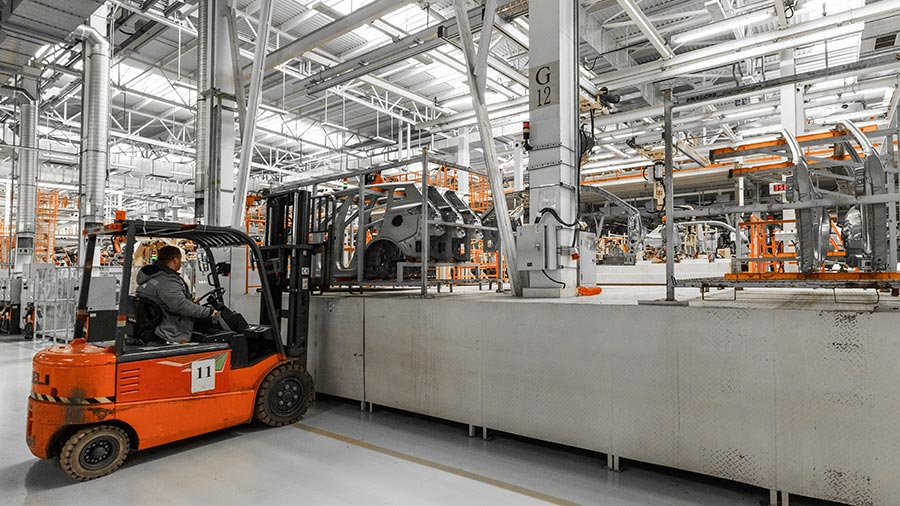Product Customization Trends in Bangladesh’s Manufacturing Hubs
As global markets demand more personalized products, Bangladesh’s manufacturing sector is evolving to accommodate this shift. Once known primarily for mass production in textiles and garments, Bangladesh is now becoming a destination for product customization across multiple industries. U.S. buyers, especially small to mid-sized enterprises, are increasingly partnering with manufacturers in Dhaka, Gazipur, Narayanganj, and Chattogram for tailored solutions.
This transformation aligns with global market shifts in consumer behavior. Personalized fashion, unique packaging, custom finishes, and short-run production have gained traction in North America and Europe. Bangladeshi factories are stepping up to meet these expectations with the help of digital design tools, flexible production lines, and expert local sourcing agents.
The Push Toward Customized Manufacturing
Mass production offers economies of scale, but customized manufacturing delivers consumer engagement, brand identity, and a premium pricing edge. U.S. brands are no longer satisfied with generic white-label solutions. They want their products to reflect unique design elements, seasonal themes, and market-specific preferences.
Bangladesh’s garment and apparel sectors have led this shift, allowing buyers to select custom cuts, eco-friendly fabrics, embroidered branding, and mixed-material finishes. Today, this model is also being adopted in leather goods, handicrafts, packaging materials, and even home textiles.
Agents on the ground serve as crucial partners in this shift, coordinating sampling, adjusting production cycles, and ensuring that specifications are followed with precision. Businesses seeking reliable oversight turn to a bestsourcing agent Bangladesh to reduce miscommunication and execution risks.
Key Customization Trends Across Sectors
1. Fashion and Apparel:
Bangladesh is leading the way in offering small-batch customized apparel. Local factories are now accepting MOQs as low as 300 pieces with full personalization options—cuts, prints, fabric blends, and tags. American clothing startups are using these capabilities to create limited-edition drops.
2. Leather and Accessories:
Bangladesh’s leather clusters, particularly in Savar, are offering monogrammed bags, custom colors, and unique silhouettes for international brands. U.S. buyers also benefit from flexible shipping terms and personalized packaging options.
3. Packaging Solutions:
With the rise in DTC (direct-to-consumer) brands, unique packaging is becoming as important as the product itself. Custom prints, biodegradable films, and localized language versions are being manufactured in Bangladeshi hubs.
4. Home Goods and Textiles:
Products like cushion covers, rugs, and curtains now feature custom motifs, sizes, and weaves for niche U.S. interior design brands. Local mills have adapted to short-run weaving requests and unique finishing styles.
To ensure quality and reduce lead times, many international buyers collaborate with a bestsourcing agent Asia who can supervise development phases, maintain supplier accountability, and manage compliance.
Digital Transformation in Customization
Digitization is a major enabler of this trend. Bangladeshi factories are integrating CAD (computer-aided design) systems and cloud-based order tracking platforms. These tools allow real-time design sharing between clients and suppliers, streamlining the customization process. Furthermore, virtual sampling tools reduce waste and accelerate turnaround.
This is especially useful for U.S. companies that operate with lean inventory models and want rapid prototyping without traveling abroad. Through professional sourcing partners based in Bangladesh, these buyers gain access to tech-enabled factories that meet both customization and timeline requirements.
Agents: The Customization Catalysts
Customization introduces added complexity into the manufacturing process. Multiple samples, communication clarity, and responsive feedback loops are essential. A bestsourcing agent Bangladesh plays an instrumental role in managing these variables effectively.
Agents often help with:
-
Translating design requirements into factory-ready formats
-
Coordinating between multiple vendors for composite products
-
Conducting interim quality checks and AQL-level inspections
-
Guiding negotiation on flexible MOQs and pricing for small batches
Without this local oversight, customization can become a costly and error-prone process. U.S. buyers frequently find themselves overpaying or dealing with delays if they engage suppliers without trusted local representation.
U.S. Market Response and Case Examples
Several U.S.-based e-commerce brands have found success by leveraging Bangladeshi suppliers for customized offerings. For instance, a Brooklyn-based sustainable fashion label reduced their lead time by 25% after switching to a Dhaka factory that allowed modular designs and weekly production planning, coordinated by a sourcing agent on-site.
In another example, a California startup offering custom yoga accessories utilized Chattogram’s textile mills to create printed mats with seasonal branding. The entire operation was supervised by an experienced agent who handled supplier communications and packaging compliance.
Challenges to Watch Out For
Customization isn’t without risks. The following challenges need to be managed:
-
Varying lead times for different product variations
-
Cost fluctuations based on design complexity
-
Miscommunication on color codes, measurements, or packaging
-
Inadequate testing for durability on unique materials
Professional agents help mitigate these issues by conducting thorough sample reviews and maintaining production calendars. Their presence ensures that the final product aligns with U.S. quality expectations and market needs.
Final Thoughts
Bangladesh’s manufacturing landscape is no longer just a hub for high-volume orders. It is evolving into a destination for brands seeking uniqueness, flexibility, and responsiveness. The trend toward customization is reshaping how international buyers engage with Bangladeshi factories.
To make the most of this evolution, it is essential to work with sourcing experts who understand the cultural, logistical, and technical nuances of the industry. Partnering with a bestsourcing agent Asia allows businesses to unlock the full potential of Bangladesh’s custom manufacturing capabilities without risking product quality or delivery timelines.
